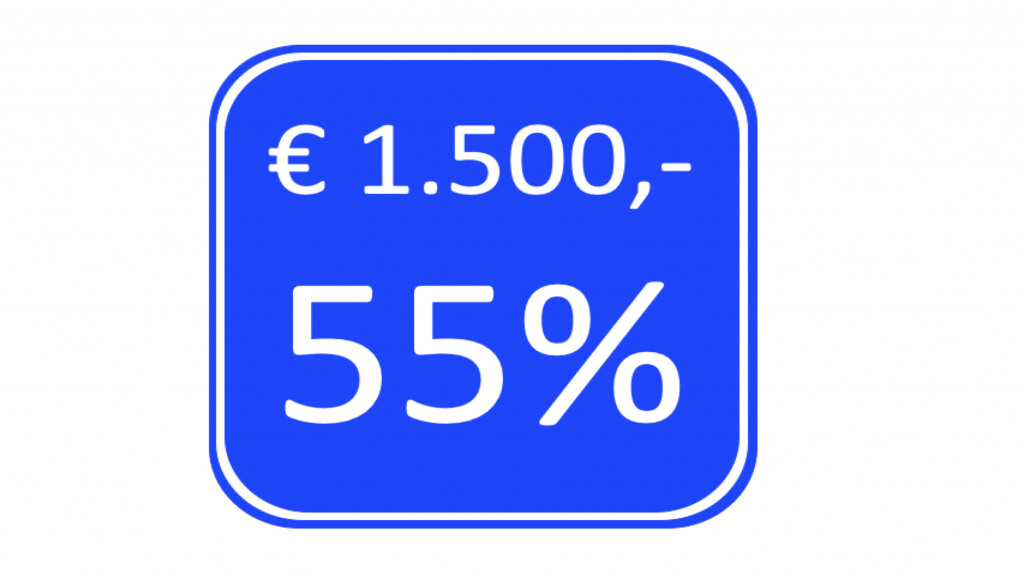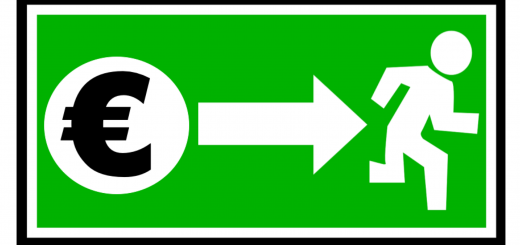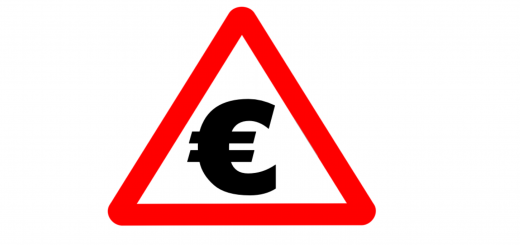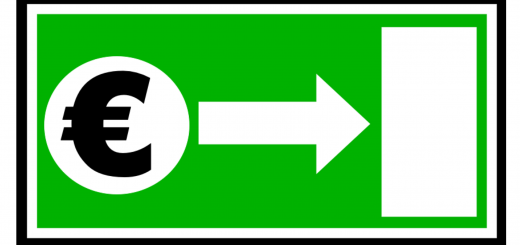The basic income can be initiated affordably

€ 1,500 net per month unconditional for everyone. This is how high a basic income should be in the Netherlands. With this, for example, a two-person household can manage on their joint basic income of € 3,000 per month. This with minimal expenses and a rent of € 1,000 per month in the free sector. The advantages this has are listed in this article. All that remained was to find a way to make this more affordable by the state. That way has now been found and concerns closing loopholes in the law and no longer allowing certain tax advantages for companies. This means that the tax that is levied on all other income, without further deductions such as mortgage interest deduction and labor discounts, can be set at 55%. With a tax-free basic income for everyone. That 55% is a percentage that can then always be used, without having to go down for low amounts and up for high amounts. 55% is a percentage with which it still pays to work more and to do more business. After all, it is only slightly higher than the current highest income tax rate. The necessary adjustments are listed below. So of everything you earn on top of the basic income, 45% is unconditionally yours.
The main tax advantage that companies have is that they are allowed to defer their tax on profits by investing in the future. This is an advantage that creates an incentive to invest and grow indefinitely without ever contributing tax. It becomes the risk of the entrepreneur whether there will be a profit if the deduction is moved to the moment that the income is generated. The tax authorities always receive a payment of 47% corporate tax if a profit is made. Under certain conditions, a loss from the past can also be included, but only if profits from comparable activities are also included. This adjustment will substantially increase the contribution that companies make and prevent competitive advantages for existing companies.
There are currently a number of loopholes that are used to shift profits to tax havens. This can be solved by levying 15% profit distribution tax on dividends, royalties and interest. The international tax principle must then be that the profit is booked in the country where the income is generated or where the added value is provided. Whether the profit ends up in the producing or the consuming country is in principle up to the free market. That works until a supplier is a dominant player in the world market and can thus shift profits between subsidiaries. For those situations, the money must be taxed at the source, so on the consumer’s side. If the tax burden in the producing country is lower, the difference is taxed in the consuming country. Closing these loopholes will ensure that less money flows through the Netherlands, but at the same time ensure that more tax is levied in the Netherlands. In addition, it gives the opportunity to other countries to collect their share of taxes in an equal manner.
As a result of these two adjustments, the effective tax of distribution through a company becomes 55%, namely 47% on profits first and then 15% on the remaining 53%. That is exactly the same as the proposed income tax. It does not matter whether the money goes to the shareholder, to a sister company or to an employee, 55% tax has always been paid. It is up to the company and the free market to determine who gets how much, just like now. And it is up to society to enforce that there must be balance in taxes and thus balance in the common prosperity.
With the above, a tax inequality remains, namely that capital grows by itself and that it is not taxed in the same way. It shouldn’t really matter why you get richer, you should always pay tax on the benefit portion you get when it gets more. If we don’t, we should also be questioning income tax. In order to limit this inequality, capital gains tax should always amount to the same contribution. This is partly automatic, namely when the money is invested in a company. Within that company, corporate tax is paid and the distribution of the profit is taxed with profit distribution tax. To round this off, the same tax of 15% can suffice for the return that is made on the appreciation of shares.
The same system can be used for returns that are made on the sale of other valuable items such as art, antiques, watches and bitcoins. After all, a trader would also have paid tax on the profit on his merchandise. Of course, costs and losses on comparable products can be taken into account and deducted from profits. However, to create a comparable tax, 55% must be levied on the entire profit from the sale. Only then is a private individual taxed as much as a trader. So the capital gains tax on goods should be 55%.
The latter can also be said about the sales profit from the sale of real estate. After deduction of the purchase costs, mortgage interest and maintenance, everything else is profit. And profit is in principle taxed at 55% when it is distributed. However, something special applies to your own home that does not apply to the other possessions. If shares, art or antiques are sold, the profit is freely disposable. There is no need to buy back an equivalent good for this and so the profit can be directly taxed with the correct percentage. If the house is sold, a new house usually has to be purchased. This new house has had the same increase in value, so skimming off the entire profit would lead to problems.
Part of the profit can already be skimmed off, just as transfer tax is now levied. Therefore, instead of the transfer tax, a profit distribution tax of 15% is levied. When the house is sold and no new house is purchased, the remaining profit tax of 47% is also levied on the remaining 85%, so the final result is 55% tax. Again only on the profit, so after deduction of mortgage interest and maintenance costs. This amount will often only be released after passing away, so the final settlement is made with the tax authorities at that time. Good administration can then protect the heirs against too high a determination of the profit and therefore too high a tax.
During life this is taxing in all the ways in which citizens (where relevant via companies) earn money. Tax has already been paid on this money, so the question is why tax should be paid on it again when inheriting. In the past, the reasoning was that capital accumulation was not taxed, but that argument is becoming less and less valid with the above adjustments. That is why it must be examined how the money can be inherited without paying inheritance tax. It should be noted, however, that inheriting means a transfer of all possessions and therefore also a sale thereof. The deceased will therefore have to pay the remaining capital gains tax, just as with the house, before an amount can be determined that can be passed on without inheritance tax.
If everyone gets a basic income, then everyone is provided for their living. If subsequently 50% to 70% corporate tax is prevented, approximately 60 to 85 billion extra will come in extra. All taxes can therefore be limited to an effective load of somewhere between 50% and 60%. If we assume 55%, then all employees will benefit from their basic income if they keep the same gross income. Companies and wealthy people will then contribute more fairly. This would really be a proper tax system where the burden is shared equally and fairly among those who make money and where everyone can always make a living.








2 reacties
[…] English version […]
[…] English version […]